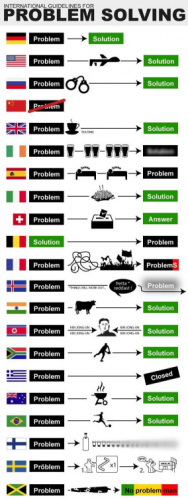Diversity and inclusion is a hot topic at the moment – not just here at the IET but in many guises around the world – but in one very specific sense I’ve been wondering how well we take account of cultural dimensions in the way we engage with volunteers.
In doing some research I was pointed to information on a model of cultural dimensions created by Hofstede: https://www.mindtools.com/pages/article/newLDR_66.htm
It made we wonder if the volunteering practices here at the IET are biased towards particular cultural norms that exclude, or make volunteering less inviting, for others? For example, does the fact that our governance is structured around formal committees – and with positions accessed via election – create a barrier for some people?
Dare I also wonder if the way we work and communicate brings problems? Would the use of Engineering Communities be a minefield for people sensitive to causing offence or not comfortable with airing views to a group they do not know? Of course, if you’re reading this then the answer for you would be ‘no’! However, I wonder what your colleagues would say?
Can anyone help me out by sharing their thoughts on whether there are cultural dimensions to volunteering that we could consider in trying to make the IET more diverse and inclusive?
Thanks for any input you can share,
Sandra

